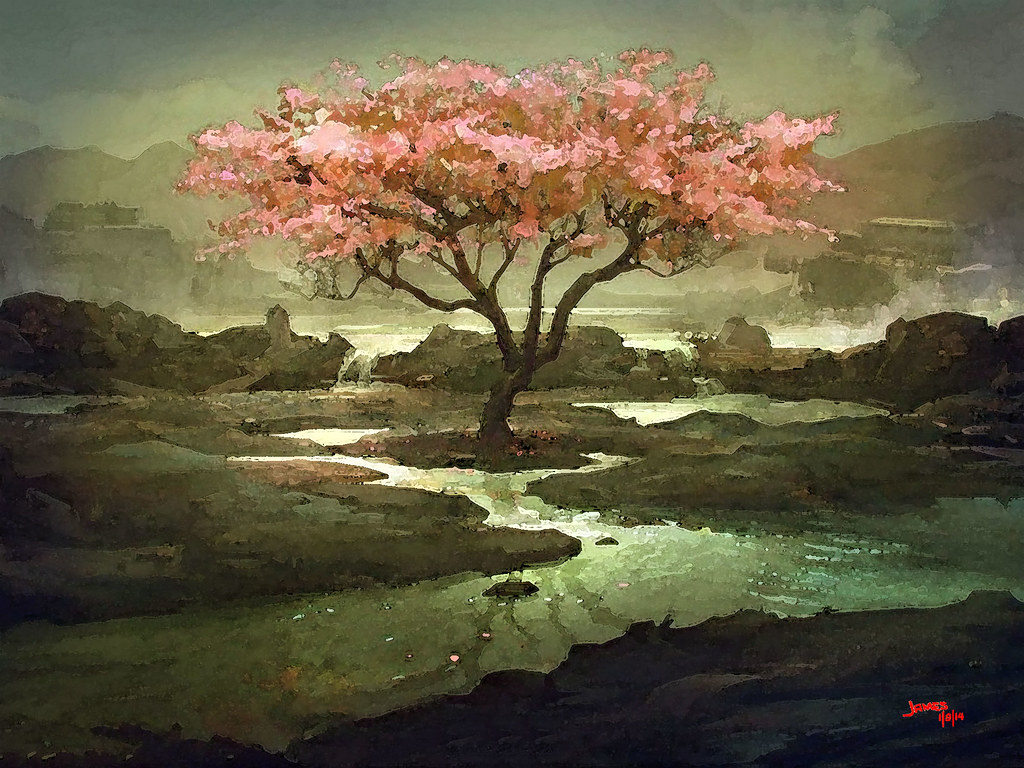Open Theism and the Eschaton -- Are they Compatible?
My
friend Ron Allen and I are writing a book on eschatology for a general
audience. We’ve tentatively titled it Second Thoughts on the Second Coming. Keep
watch out for it in the Spring/Summer of 2023. So, "last things" are on my mind.
Even a
cursory look at the New Testament leads to the observation that Jesus and his
followers preached a rather apocalyptic message. Jesus preached the kingdom of
God, which was close at hand. Paul was an apocalyptic preacher as well and no
one should be surprised that the final book of the New Testament is apocalyptic.
After all, its Greek title is the Apocalypsis Johannon.
So,
what does Open Theism have to say about Last Things? Open Theism by definition
assumes that the future has yet to be written. God may know all that there is
to be known, but as far as the future goes, it remains largely in flux. As Tom
Oord writes:
The “open” in open and relational
theology refers to the ongoing nature of time. Creation and Creator experience
time moment by moment with no preordained future. In fact, there’s no future at
all . . . if we think “the future” is an
already decided realm of completed events and settled facts. [Open and Relational Theology, p. 28].
While the future may not be fully written, does that mean
that God is completely unaware of what could happen or what God desires to
happen? Is it possible that God is out in front of us, laying the groundwork
for a future that is being written, but as yet incomplete, since its completion
requires our participation?
When it
comes to the future, Open Theists, like Tom Oord, assume that there is life
after death. In this regard, Tom speaks of “relentless love.” In this view,
“God always loves everyone, never giving up on anyone. By ‘always,’ I mean
without end: “Always” with a capital A! God everlasting invites creatures to
relationships of love in this life and the next. That includes everyone who
considers themselves enemies of God. Even God’s love for enemies is relentless”
[Open and Relational Theology, p. 113]. While God’s love is relentless, it can
be spurned, and so Tom is not a universalist, but he is hopeful that all will
come to embrace God’s invitation. The question is, how does this work, at least
after death? Is there some intermediate state where God can continue the
conversation? I like the idea of relentless love. It fits my vision, but I’m
still not sure how it works.
Of
course, eschatology is more than questions of the afterlife. Jesus speaks of
judgment and new creation, with both a new heaven and a new earth. Should we
expect something like this? Or is this metaphor? If the future remains
unwritten, does God have a blueprint/plan that is guiding the way God is at
work? Or is God making it up as it goes? Tom suggests that life is like Jazz,
with God being the jazz leader. While there is a lot of improvisation in jazz,
there is a goal to which the artist is moving. Miles Davis has a plan and knows
how he’s going to end the song, even if there is a lot of improv in between
beginning and end.
So,
here’s the question. Do we await the coming of God, bringing this reality to a
close, or do we assume that everything will continue on more or less the same
until such time as the earth is consumed by a dying sun billions of years in
the future? Another way of asking the question concerns whether the realm of
God will come to earth in its fulness at some point in the future? Is the
wedding banquet visualized in Revelation part of our future or not?
I
decided to write this post to see if I could start a conversation among Open Theists
about the eschaton. While eschatology, for the most part, has not been at the
forefront of Open Theist discussions and little has been written on the subject,
its prominence both in the New Testament and in Christian history warrants some
attention. Perhaps when Ron and I finish
our book, I’ll take up the task of writing more on this. In the meantime, what
does the eschaton look like in Open Theism, if the future remains unwritten?
22 Then the angel showed me the river of the water of life, bright as crystal, flowing from the throne of God and of the Lamb 2 through the middle of the street of the city. On either side of the river is the tree of life with its twelve kinds of fruit, producing its fruit each month; and the leaves of the tree are for the healing of the nations. 3 Nothing accursed will be found there any more. But the throne of God and of the Lamb will be in it, and his servants will worship him; 4 they will see his face, and his name will be on their foreheads. 5 And there will be no more night; they need no light of lamp or sun, for the Lord God will be their light, and they will reign forever and ever. (Rev. 22;1-5)

Comments